"Issues encountered during the initial launch are a genuine part of the game’s history": Wuthering Waves producer on the road to 2.0 and the open-world action RPG's biggest update yet
Interview | Wuthering Waves developer Kuro Games reflects on the game's launch recovery
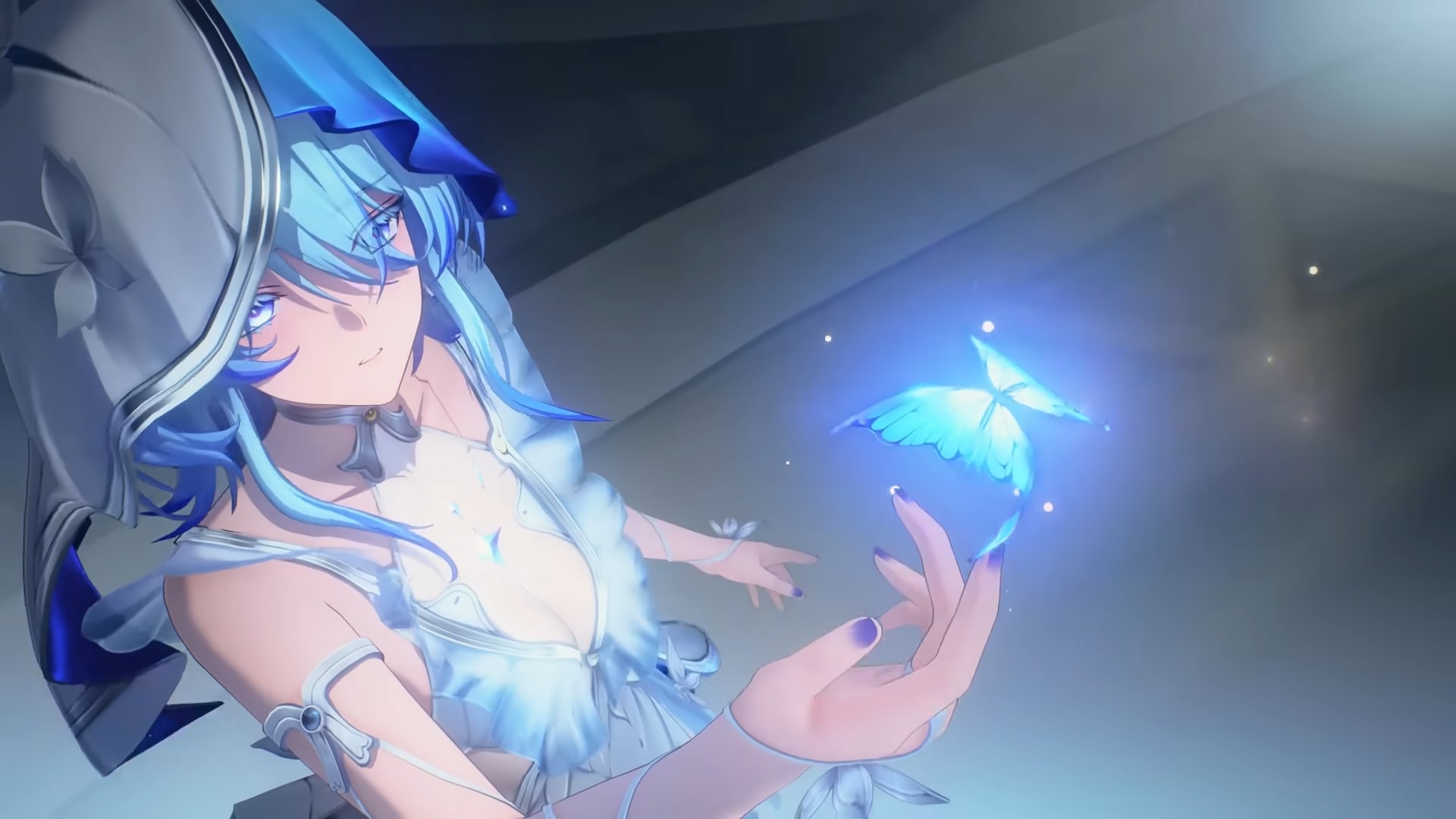
Wuthering Waves landed on the wrong foot. One of the biggest and most-anticipated entries in a growing class of open-world gacha action RPGs, it launched earlier this May with a promising core obscured by technical errors, design hangups, and narrative stumbling blocks that remained even after (and perhaps partly because of) a near-total rewrite post-beta. Even so, it had real style, a fun world to explore, and some of the best combat in this space thanks to developer Kuro Games' experience with the breakneck action game Punishing Gray Raven. There was demonstrably something there, but it wasn't always easy or fun to find.
As Wuthering Waves prepares for its big 2.0 update and a PS5 release, lead producer Solon says this isn't a relaunch and they aren't just wallpapering over their mistakes, but it is a good time to jump in. A 2.0 update is a major milestone for any game like this – a party as much as it is a patch – and though there are still plenty of fixes to come, for Kuro it also presents an opportunity to spend a little less time talking about resolving problems and a little more time refining and celebrating what Wuthering Waves does well. With that in mind, I spoke to Solon about the game's struggles, its recovery, and its future, including new Resonators and exploration embellished with honest-to-goodness flight.
Responses edited for clarity and length.
Onward to Rinascita
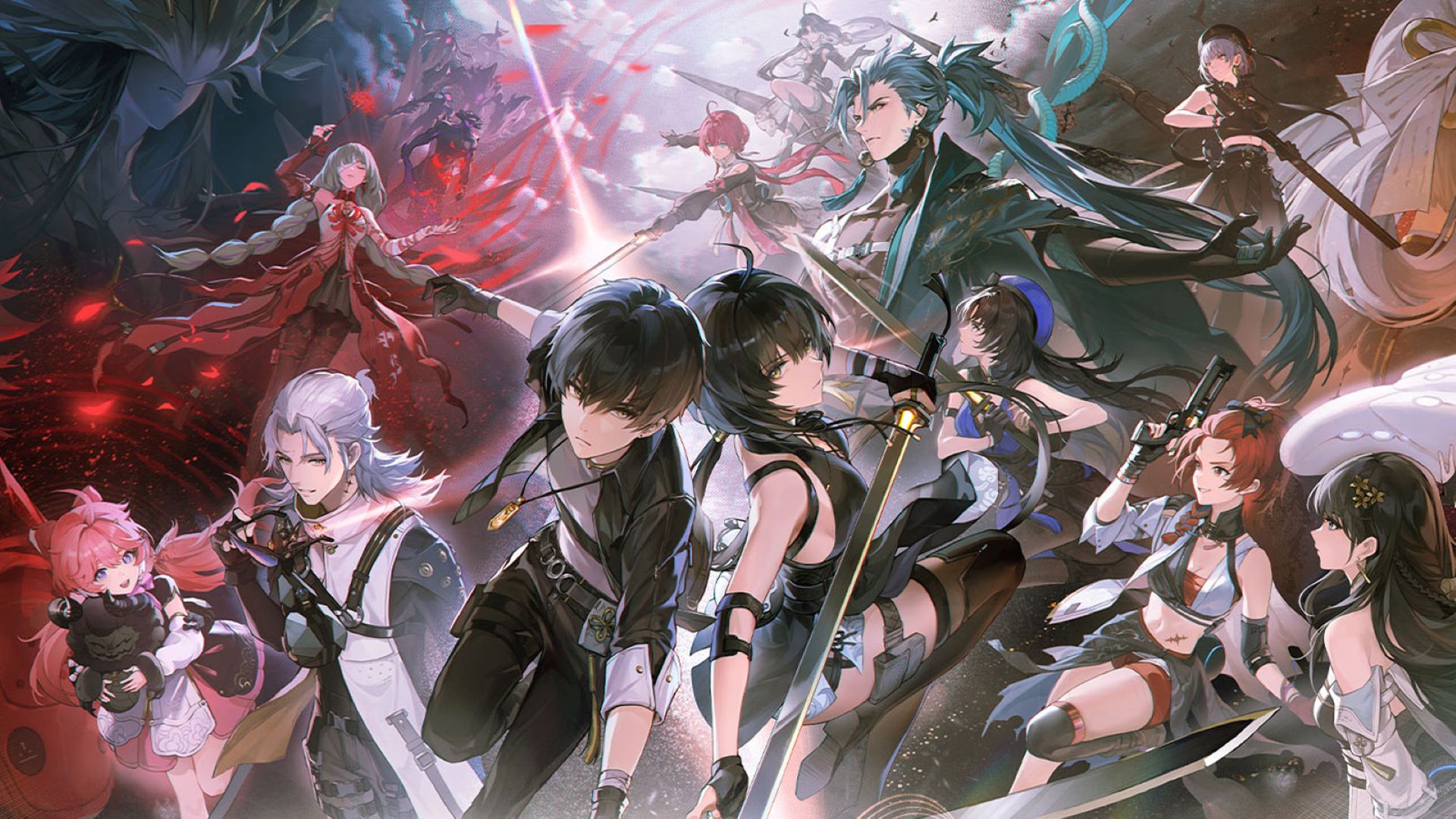
GamesRadar+: How do you feel about the current state of Wuthering Waves and its community? Are you more comfortable now than a few months ago?
Wuthering Waves lead producer Solon: Definitely. We are indeed continuously moving in a positive direction.
From our perspective, the key change lies in the mutual understanding we’ve started to build with our players. Two clear examples of this are: 1) We’re learning how to better connect with our players and 2) Players are beginning to understand the mindset and philosophy behind our game development approach. In the early days, we saw negative feedback in our global communities. This was partly because we weren’t meeting expectations, but also because players didn’t yet know what to expect from us or our vision for the future.
Now, four updates later, players have gained a clearer understanding of our approach to operating Wuthering Waves. As players experience more positive moments in the game and gain insights into our future plans through our communications, the community naturally feels more supportive and aligned overall.
Weekly digests, tales from the communities you love, and more
That said, negative feedback and concerns will always exist, and I don’t see that as a bad thing. On the contrary, they’re crucial for us. This feedback informs and drives our team as we work on future updates. In many ways, I believe that constructive criticism is essential to fostering a stronger and more positive experience for everyone.
Looking at player feedback, what are the biggest lessons you’ve learned since launch?
When we consistently engage in this kind of work, we genuinely feel the users’ recognition, which is also clearly reflected in the player feedback and the game’s growth. This gives us confidence that we are gradually figuring out how to create a long-term open-world service-oriented game. Of course, the industry changes rapidly, and user demands are constantly evolving. Therefore, in a constantly changing environment, while continuing to listen to our users, we will also maintain our ability to think and adjust with agility.
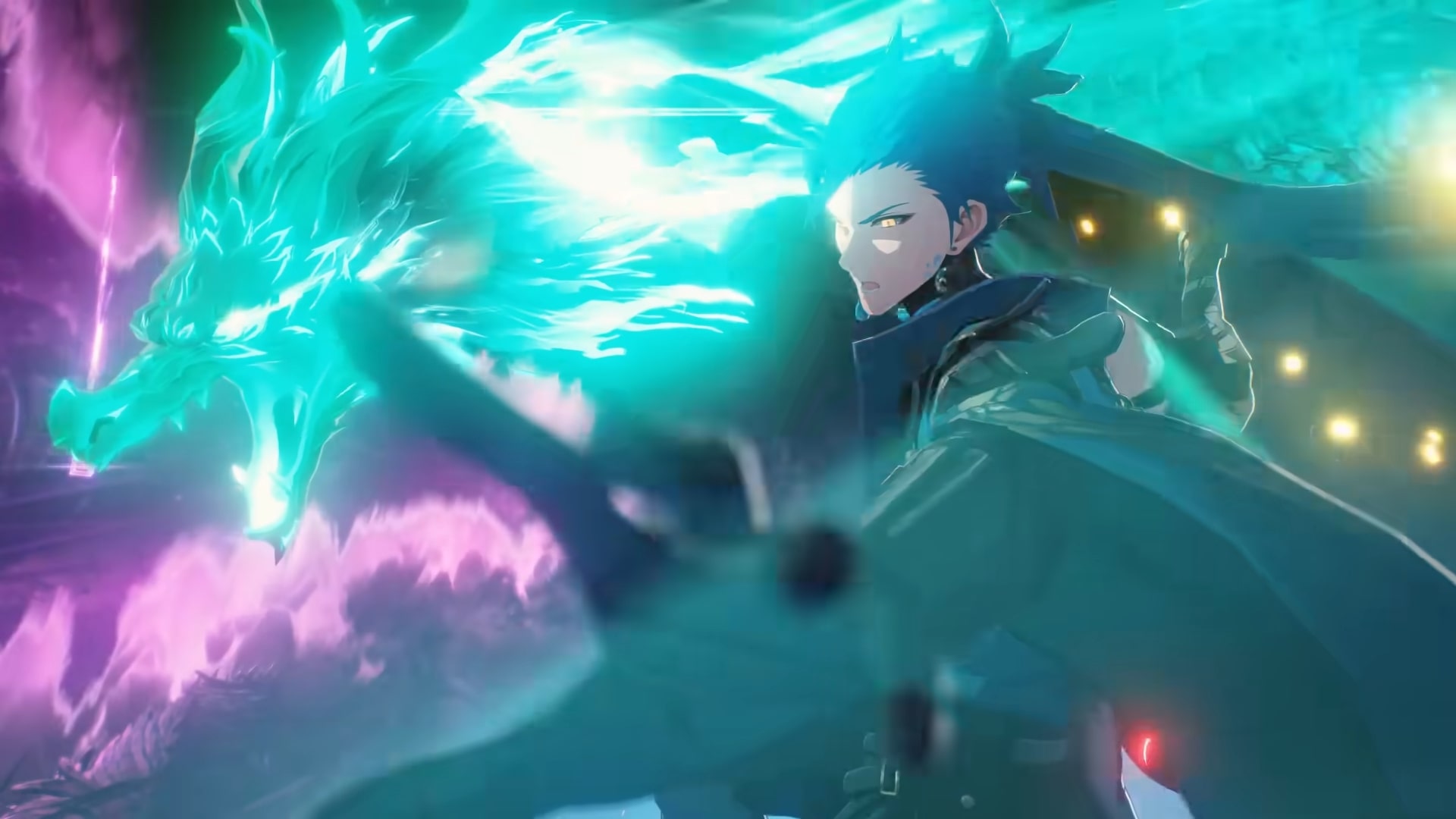
Overall, how will update 2.0 compare to previous updates?
The goal of Wuthering Waves is to resolve the hidden crisis of Solaris under the lead of the players. The planet is reborn because of them. The entire world of Solaris is actually very vast, with many different countries and cultures; each country offers many unexpected and fresh experiences. Version 2.0 is a beginning, allowing players to feel the uniqueness between nations and to gain a deeper understanding of Solaris.
Version 2.0 will introduce the complex relationship between Echoes and humans, new movement mechanics, new cultures and customs, and more. Of course, there will also be many new characters that will completely surprise everyone. And this is just the beginning.
I believe the issues encountered during the initial launch are a genuine part of the game’s history
Solon
How will update 2.0 build on what Wuthering Waves does well, and what will it do to improve and refine the game in areas where it has more room to grow?
When we launched, we received a lot of feedback pointing out that our early storyline was dragging. In response, we added a feature to skip dialogue in the story, which was well-received. In version 2.0, we’ve introduced a new feature that allows players to jump straight into the 2.0 storyline and map from a specific quest node in the early stage of the game. We believe this will be a much more convenient feature for returning players.
Although we believe traversing the map in Wuthering Waves is already a relatively enjoyable experience – for instance, with unlimited stamina for running and the sprint feature introduced in later updates – we’ve yet to make significant optimizations for aerial movement. In version 2.0, we are officially introducing the flight feature, enabling players to freely soar through the skies at high speeds, greatly enhancing both the efficiency and thrill of exploration.
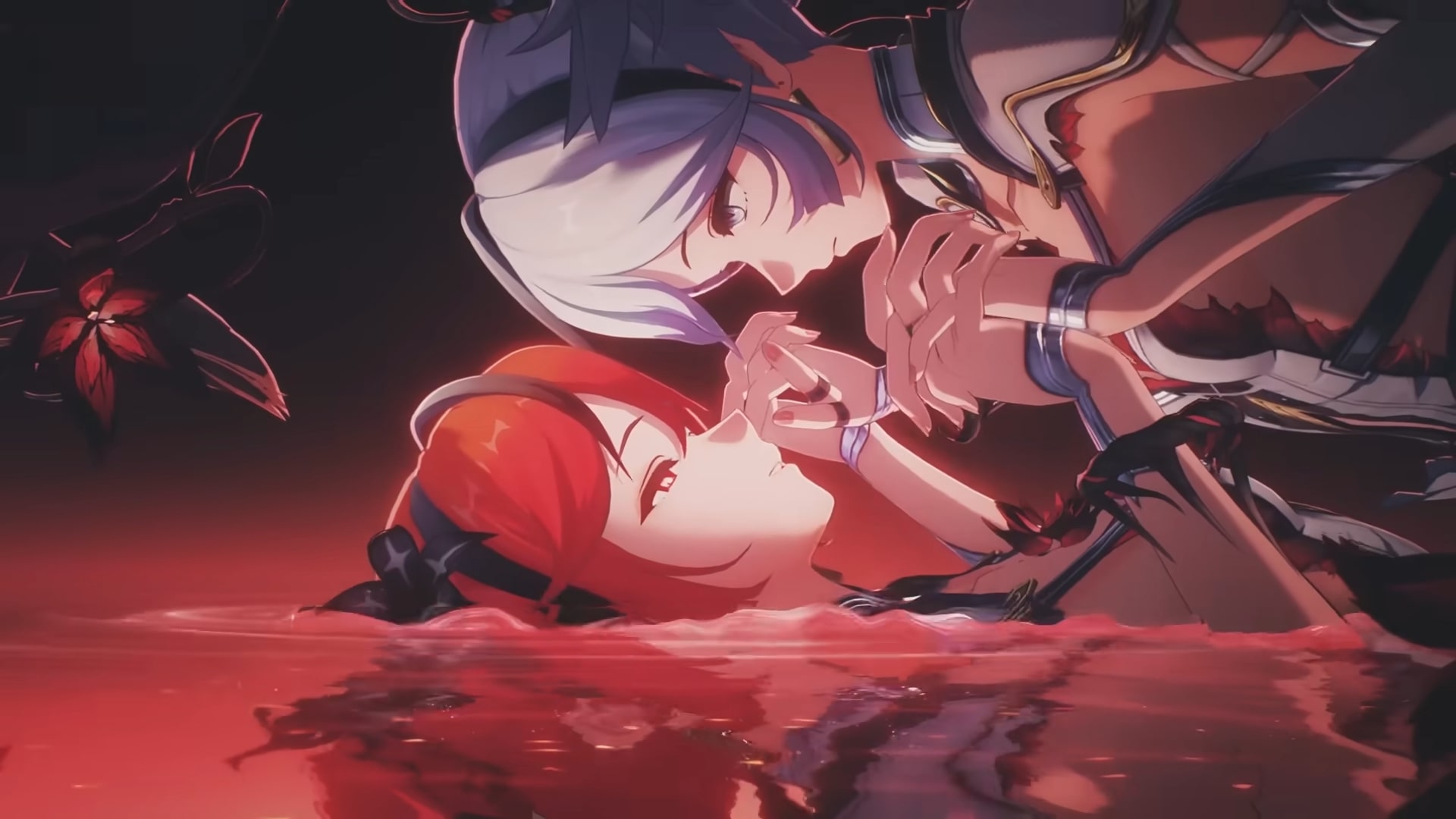
After some issues at launch, does update 2.0 represent a soft relaunch for Wuthering Waves? A fresh jumping-on point for new players?
I might not consider this a soft relaunch. For a long-term operational game that emphasizes its IP, I believe the issues encountered during the initial launch are a genuine part of the game’s history. Many players will always remember Wuthering Waves from that period – it will always be a part of its journey. From versions 1.0 to 1.4, and now moving into 2.0, I believe players can get a clearer sense of the game’s overall vision and its ongoing commitment to improvement, correction, and progress. The goal is to bring meaningful changes and surprises to everyone. Now, Wuthering Waves is increasingly being recognized as "a game that is constantly evolving."
If, for instance, Wuthering Waves makes another mistake in the future (of course, we will do our utmost to avoid such situations), in that case, our players will have trust and more patience with the team and the game because their trust and recognition have already been established. Similarly, we understand our players better, know what kind of content they are most eagerly anticipating, and constantly think about what kind of content might surprise them even more.
Rather than getting stuck on a 60-65 point experience in one aspect, it’s better to focus on creating a 100-120 point experience in the future.
Solon
Considering that version 2.0 introduces a new country, some users might wish to experience this version as soon as possible and explore the previous versions when they have more time. Therefore, we’ve made it possible for everyone to directly experience the latest version, which lowers the barrier to entry. Whether they are new or old players, we hope to move them through this process of continuous effort.
What led or contributed to the problems that Wuthering Waves faced at launch, and how did you and the team react to that feedback internally?
If I were to put it simply, I believe all the issues ultimately stem from our understanding and approach.
We must face the reality that the problems players have encountered reflect genuine shortcomings in our perception and abilities during the development process. There’s no excuse for this, and we take full responsibility.
But I have always believed that by making space for reflection, we’re able to make iterative corrections by being open to player feedback. This is the only solution. Agility is a part of our team’s DNA. Rather than getting stuck on a 60-65 point experience in one aspect, it’s better to focus on creating a 100-120 point experience in the future. So we chose to let users continuously experience the game’s strength in subsequent versions.
It’s not that doing so is the best approach; it’s just that this was our decision at the time, and it has already happened. Fortunately, most of our corrections have been effective. Issues such as performance, storyline, localization, bug counts, and gameplay richness have indeed been progressing positively in each version. In every version, the changes made are backed up by player feedback and data. Overall, we’re moving in the right direction, but we still need to continue improving. We’re actually well-suited to the task of creating "a game that is constantly evolving."
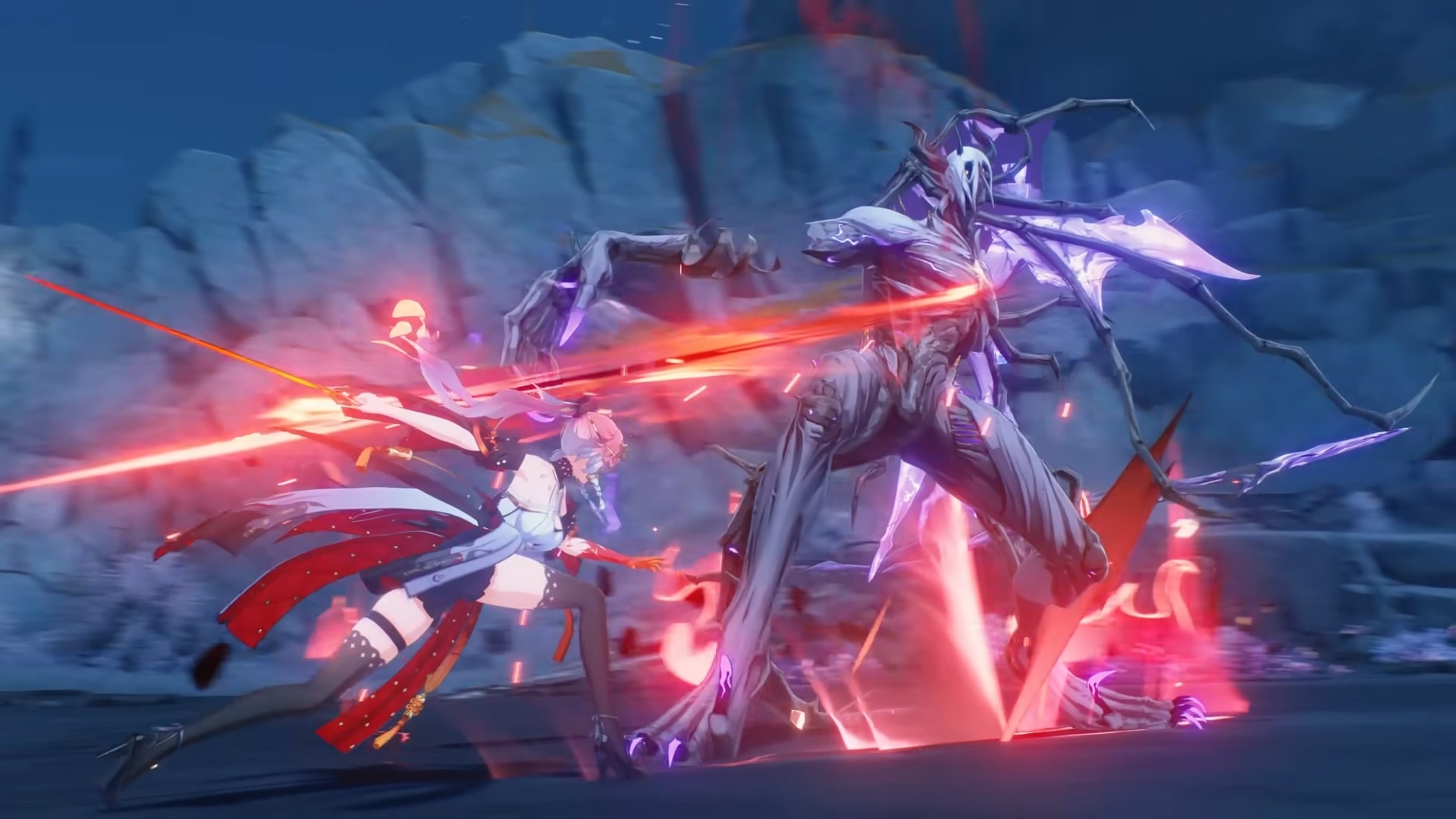
What would you say to console gamers who are interested in trying Wuthering Waves but are worried about starting late and feeling behind?
First of all, we deeply regret that we didn’t have the ability to launch on consoles initially. However, version 2.0 is a great point for players to enter Wuthering Waves. As long as the player is interested, they can experience it right away. So, in terms of experiencing the latest content, I think it’s relatively consistent. If players find the content engaging enough, I believe they will be willing to spend time to go back and experience the earlier content. We also very much hope that more console users will come to experience Wuthering Waves and get to know this interesting game.
Do you see Wuthering Waves coming to additional consoles in the future?
We will consider it, but it will require more time. The platforms we are currently operating and plan to release are already quite a few. The team’s capacity is always limited, so we need to ensure we can properly maintain these platforms first. I still believe that game stability and quality are the top priorities. Therefore, we’ll focus on making sure the current platforms are stable for a while before looking at any new ones.
What are the ambitions for future Resonators? How will new characters and fighting styles push Wuthering Waves’ combat system forward?
We have very clear plans for the future of Resonators:
- Stronger interactions with players and other characters, creating a more ensemble-focused experience, and allowing players to witness their own stories.
- More connections with the open world. We aim to integrate Resonators with the world as much as possible, rather than having them operate independently. We hope each Resonator is closely linked to certain elements of Solaris, so players can experience greater immersion and feel that our Resonators are vivid and full of life.
- Introduction and evolution of new combat mechanisms. Frankly speaking, this is not easy, but we are exploring and researching internally. We all hope to be bold enough in this endeavor. I believe we can act even faster in this area. Our goal is clear: this is our area of expertise, and we won’t rest on past accolades. We will continue to bring more freshness to players.
- More charming and stunning. From the appearance of the Resonators to action design and voice acting, we will pursue higher-quality expressions.
These are the 25 best games of 2024.

Austin has been a game journalist for 12 years, having freelanced for the likes of PC Gamer, Eurogamer, IGN, Sports Illustrated, and more while finishing his journalism degree. He's been with GamesRadar+ since 2019. They've yet to realize his position is a cover for his career-spanning Destiny column, and he's kept the ruse going with a lot of news and the occasional feature, all while playing as many roguelikes as possible.


